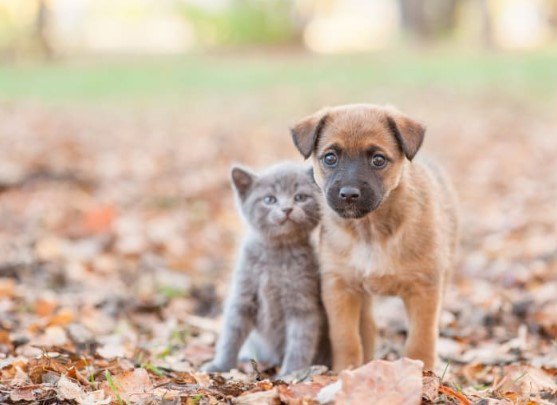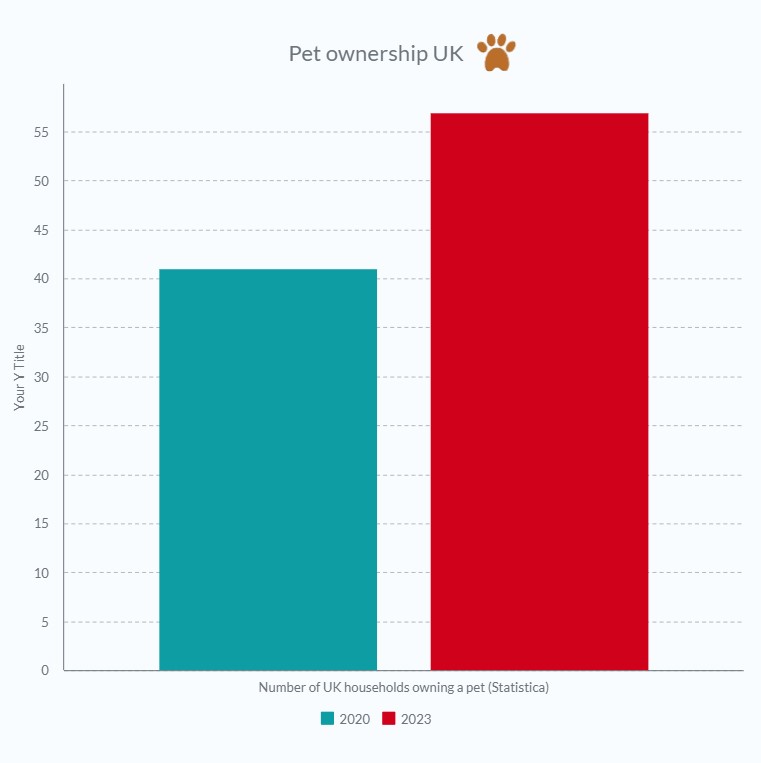
An animal rescue service in Greater Manchester has issued advice to pet owners who might be worried about the loud bangs and flashes of fireworks.
Each October and November concerns for the animals rise online, and while Carrington Rescue Centre in Manchester says banning fireworks is unrealistic, a spokesperson says there is growing concern about the effects on pets.
Nicole McGawley, manager of the rescue centre says many of these animals find Bonfire night celebrations terrifying.
“It’s becoming more popular that people are protesting against fireworks because they have got the animals, whereas before they didn’t. People are becoming more aware of the situation.”
“There is a rise of people getting animals for therapy, like people with mental health issues”
The group is dedicated to the rescue of unwanted animals and since COVID have been in ‘need to save, care for and rehome stray and privately homed small animals.’
However, Nicole says that it’s not just domestic pets that can be traumatised by fireworks, adding that larger animals can also be affected.
Nicole has some key advice for people who want to protect their pets during the celebrations.
“If you have a quiet room that is more insulated try to keep them distracted. Close the curtains so that they’re not on their own. Just talk to them.”
The RSPCA, responsible for investigating cruelty and campaigning change, stated that ‘64% of animals are negatively impacted by private firework displays, with 40% of pet owners feeling uncomfortable sharing their concerns with neighbours.’

The charity’s psychologist, Jess Baker had some advice on how to communicate with neighbours if you’re planning a fireworks display.
“Give your neighbours details on the time and how long you expect the fireworks to last.”
“If your neighbour has hesitations, consider possible actions to make them feel more at ease, for example setting the fireworks off earlier at night, be prepared to compromise to find a solution together.”
You can find more professional advice from the RSPCA on how to communicate plans and care for your animals here.
